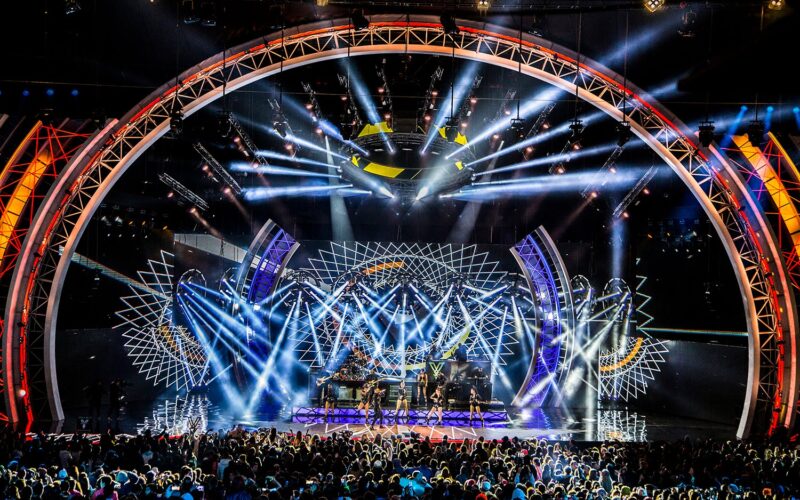The day after the Viña del Mar 2023 Festival Gala, christened “Zero Night”, I had the opportunity to be in conversation with other people of my generation. Listening to comments such as: “it was an indecency”, “they don’t know what to invent anymore” and “only a few are saved”, it was clear to me that an event of this nature has the virtue of exposing, once again, the generation gap in our culture and society.
As I argued that culture and art are not static concepts but dynamic over time, I remembered seeing those days, along with the news that Raquel Welch had died at the age of 82, the iconic photo of the actress in the film A Million Years B.C. in which she was wearing a demure two-piece outfit that, in the 1960s, caused much criticism for showing too much skin.
The same goes for this year’s barbecue. It has been criticised for being too youthful. A risky bet that, after two years of not having taken place due to the COVID-19 pandemic, seeks to leave behind the nostalgia of established artists who only provoke enthusiasm in their old fans.
It is our generation that has lost touch with the reality of youth, its preferences and its cultures. There is no longer a single culture, which is the hardest thing for adults to understand.
One of the examples to highlight was the presentation of Diego Urrutia, a 27-year-old journalist and comedian, who has almost half a million followers on TikTok. Without complexes, he thanked Yerko Puchento, who resigned from the festival just days before it started and was replaced by him at the last minute. He received a standing ovation from the audience and was awarded the silver and gold seagulls.
His routine is based on the everyday life of Chilean society as well as having a strong emphasis on the culture of social networks, which is unknown to most of those who do not use them, do not understand them and unfortunately criticise them.
If the generation gap shown by the Viña del Mar 2023 Festival may be inconsequential, it allows us to see a reality that, in other ambits, such as education, has devastating effects on the development and learning of girls, boys and young people.
The teaching and learning processes under which education professionals work are directly linked to the time in which they were born and completed their university studies. For those who began their careers in the last century, they did so under the paradigm of the pedagogical model of transmitting knowledge from teachers to students, the latter considered mere receivers.
Today, with access to new technologies and the democratisation of knowledge, teachers must play the role of facilitators and guides, under a socio-educational approach, while children and young people are people who must learn with autonomy. The generation gap is still an obstacle to the massification of this new paradigm.






